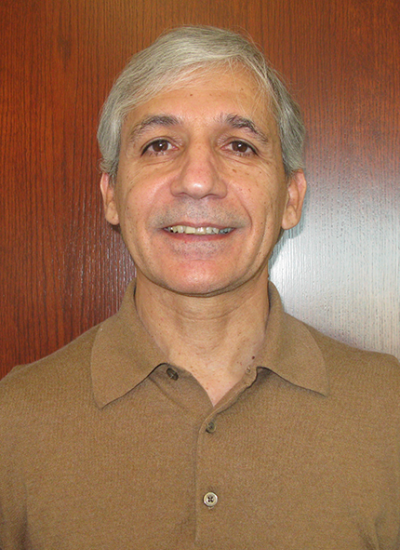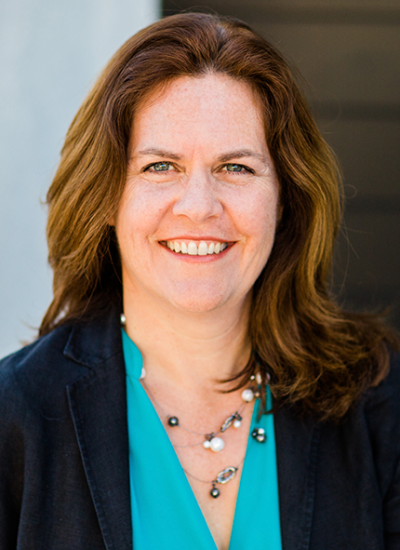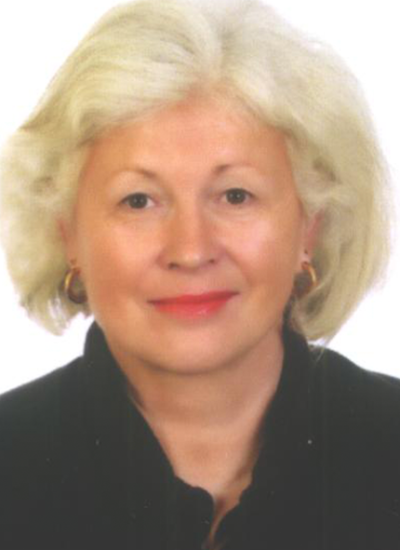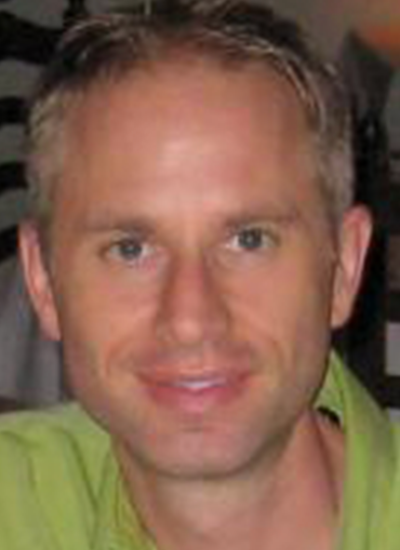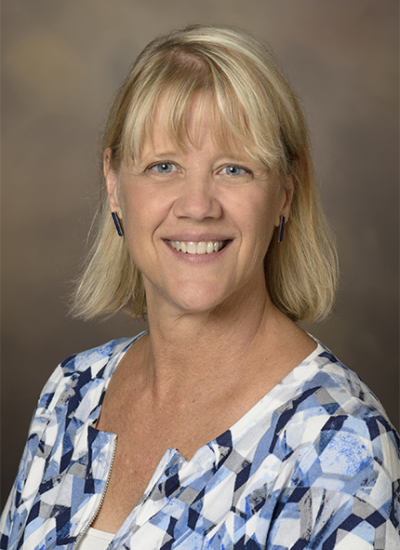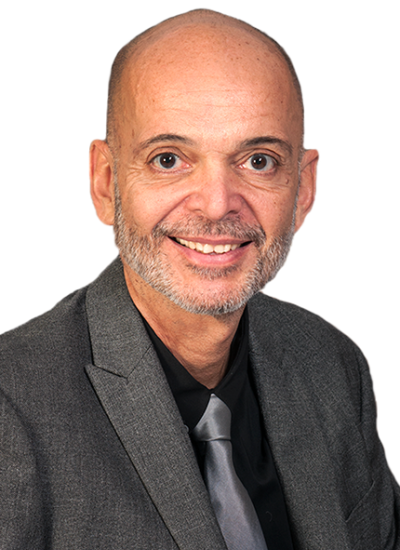Oncology
Professor, Aerospace-Mechanical Engineering
Professor, Biomedical Engineering
Professor, BIO5 Institute
Member of the General Faculty
Member of the Graduate Faculty
Primary Department
Department Affiliations
Contact
(520) 626-8093
Cynthia A Thomson
Professor, Public Health
Director, Zuckerman Family Center for Prevention and Health Promotion
Distinguished Professor
Professor, Clinical Translational Sciences
Professor, Medicine
Professor, Nutritional Sciences Graduate Program
Professor, BIO5 Institute
Member of the General Faculty
Member of the Graduate Faculty
Primary Department
Department Affiliations
Contact
(520) 626-6317
Research Interest
Joyce A Schroeder
Professor, Molecular and Cellular Biology
Department Head, Molecular and Cellular Biology
Professor, Cancer Biology - GIDP
Professor, Genetics - GIDP
Professor, BIO5 Institute
Primary Department
Department Affiliations
Contact
(520) 626-1384
Research Interest
Monika Schmelz
Associate Professor, Pathology - (Research Scholar Track)
Associate Professor, Applied BioSciences - GIDP
Associate Professor, BIO5 Institute
Primary Department
Department Affiliations
Contact
(520) 626-8864
Work Summary
We are studying how tumor cells escape immunosurveillance, a hallmark of cancer, in aggressive lymphomas. MHCII is a protein important for immunosurveillance. We are studying the underlying mechanisms of altered regulation of MHCII in lymphoma cells and its effects on tumor immunosurveillance.
Research Interest
Ian F Robey
Research Scholar
Primary Department
Department Affiliations
Contact
(520) 626-5874
Research Interest
Cynthia Miranti
Professor, Cellular and Molecular Medicine
Chair, Cancer Biology - GIDP
Co-Program Leader, Cancer Biology Research Program
Member of the Graduate Faculty
Professor, BIO5 Institute
Primary Department
Department Affiliations
Contact
(520) 626-2269
Research Interest
Emmanuel Katsanis
Professor, Pediatrics
Professor, Immunobiology
Professor, Medicine
Professor, Pathology
Program Director, Blood and Bone Marrow Transplant
Professor, Cancer Biology - GIDP
Professor, BIO5 Institute
Primary Department
Department Affiliations
Contact
(520) 626-7053
Work Summary
Augmenting immune responses to cancer. Reducing relapse and graft versus host disease after hematopoietic cell transplantation.


